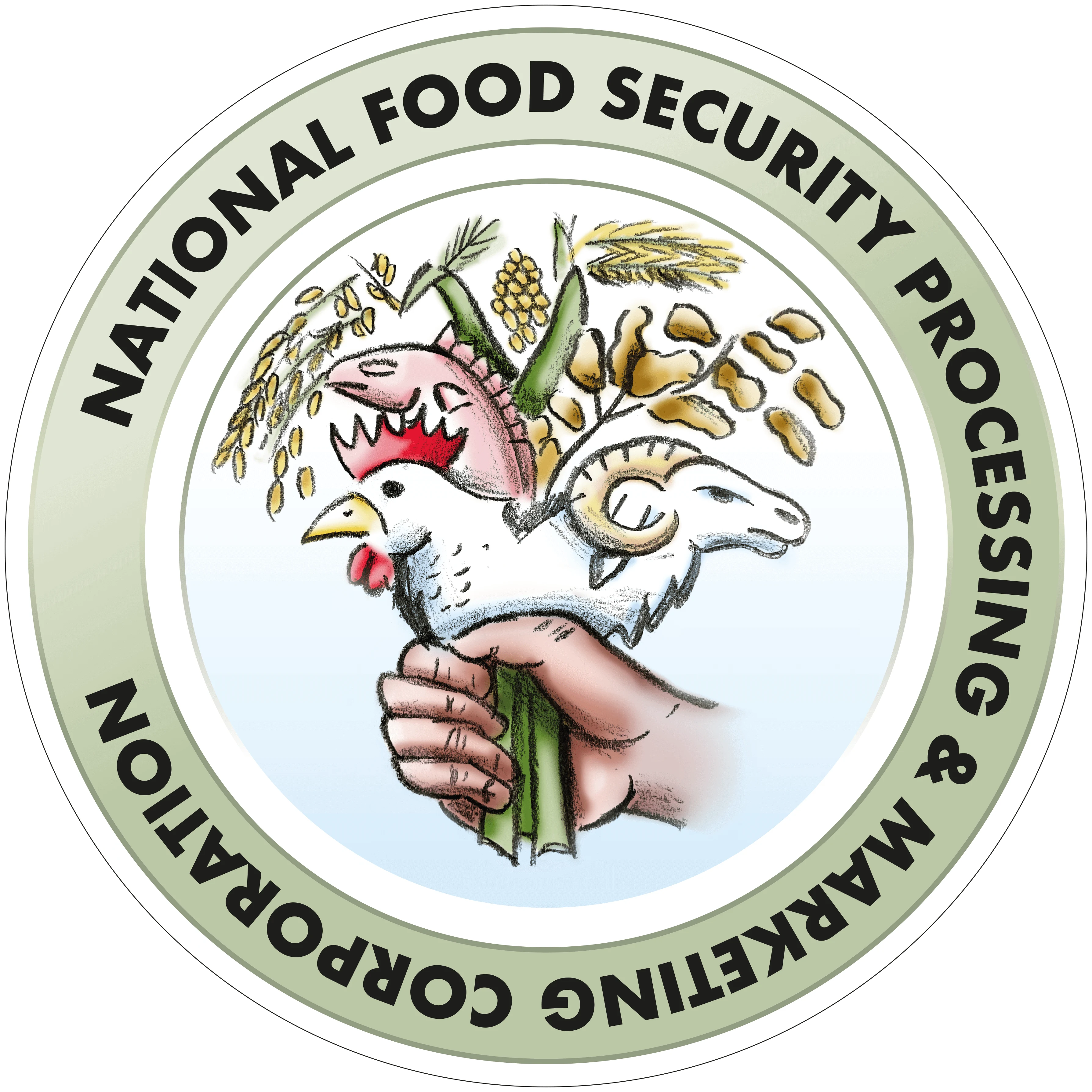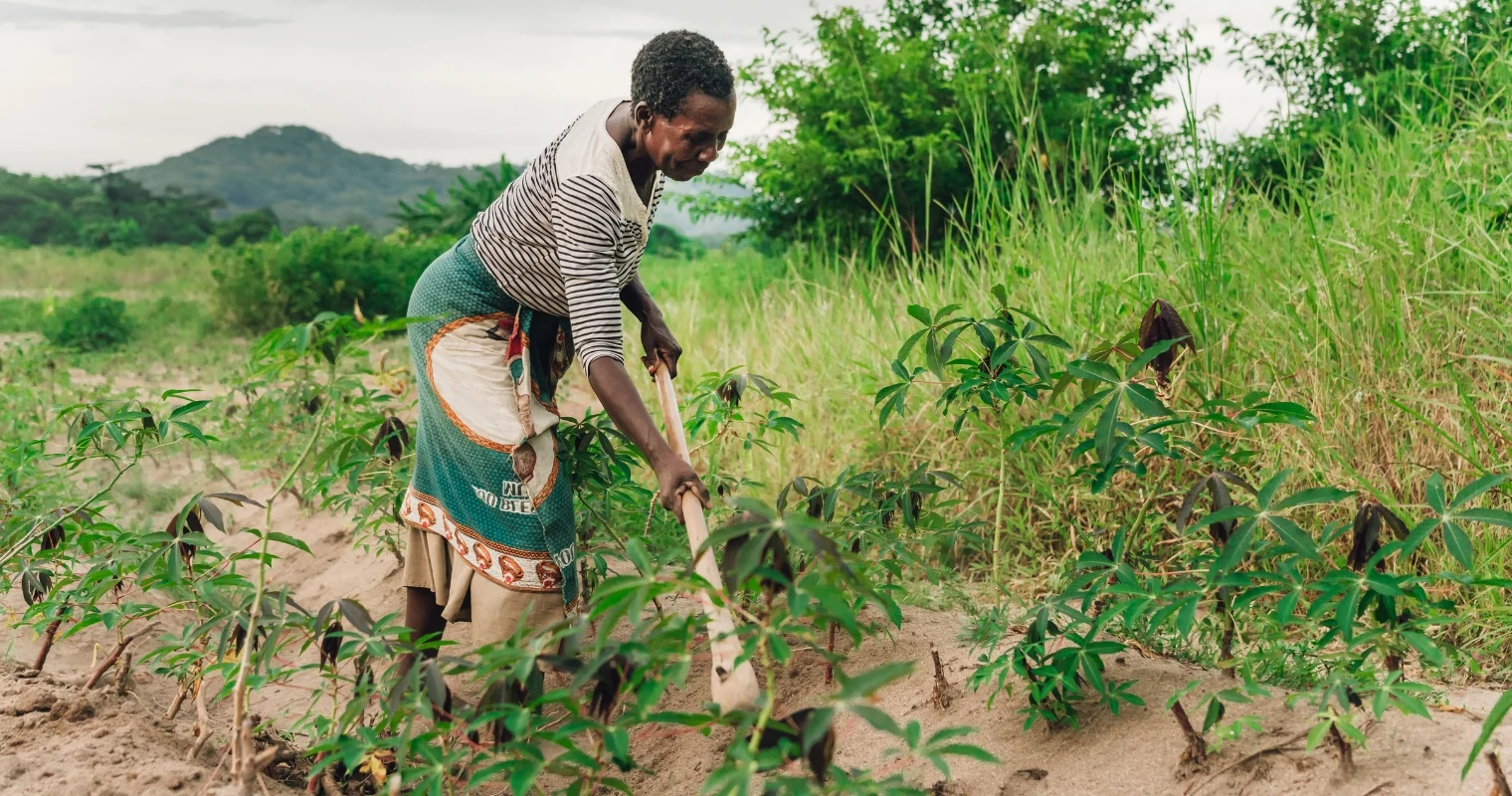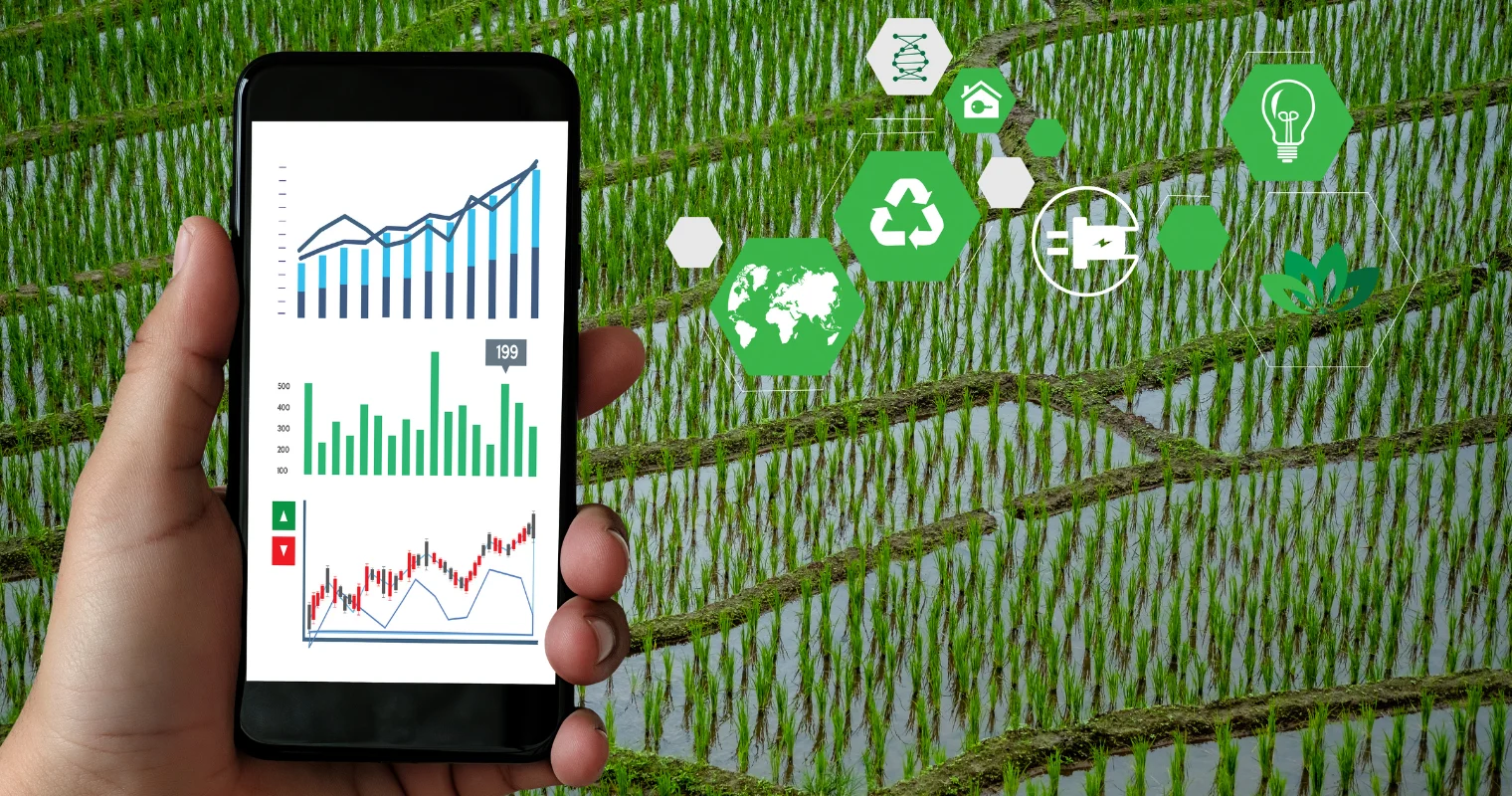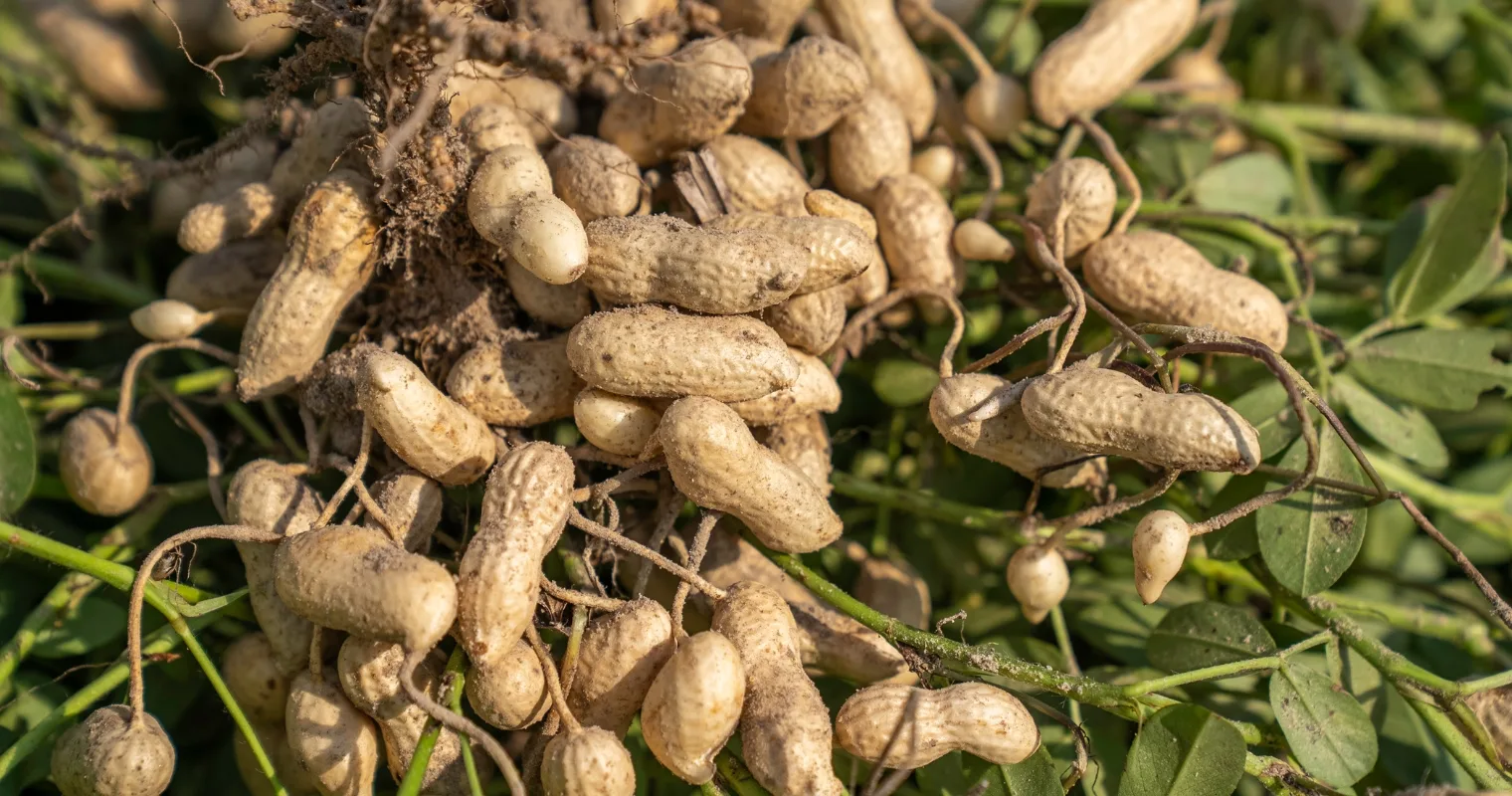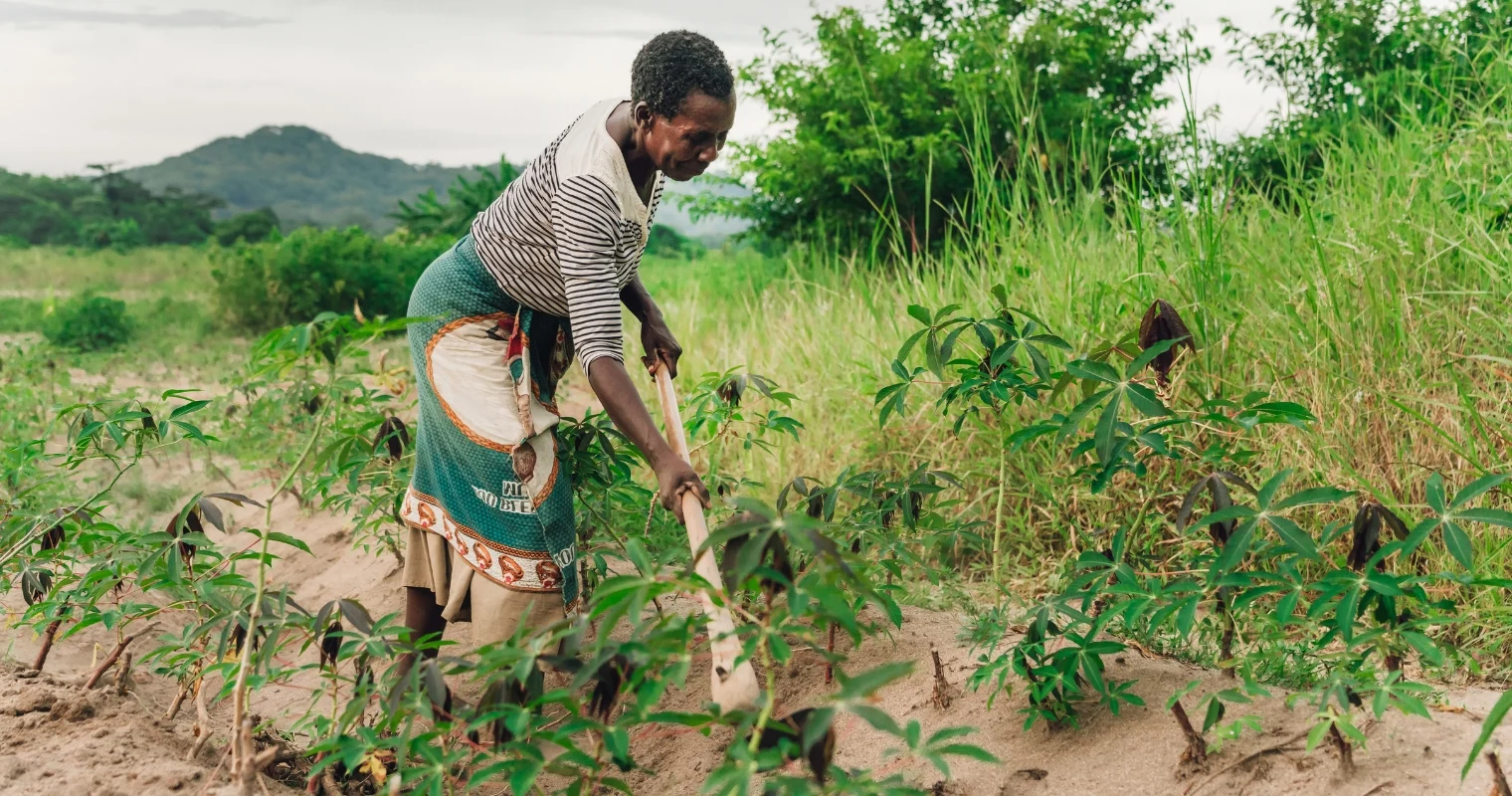
Sustainable Farming Practices: A Pathway to Agricultural Success
Sustainable farming practices are essential for the long-term viability of agriculture in The Gambia. As the global demand for food increases, it is crucial to adopt methods that preserve the environment while meeting the nutritional needs of the population. Sustainable farming encompasses a range of practices designed to maintain the ecological balance, conserve natural resources, and promote biodiversity. In The Gambia, the adoption of these practices is gaining momentum, driven by the need to address environmental degradation and enhance agricultural productivity.
The Art of Crop Rotation
One of the key sustainable farming practices is crop rotation, which involves planting different crops sequentially on the same plot of land. This practice helps in maintaining soil fertility, reducing pest and disease cycles, and improving overall crop yields. Farmers in The Gambia are increasingly adopting crop rotation as a means to enhance the productivity and sustainability of their farms.
For instance, rotating legumes with cereals can improve soil nitrogen levels, reducing the need for synthetic fertilizers. Legumes, with their ability to fix nitrogen in the soil, contribute to soil health and structure, promoting better crop growth. This practice not only benefits the environment but also enhances the economic viability of farms by reducing input costs.
Embracing Organic Farming
Organic farming is another critical component of sustainable agriculture. It focuses on using natural methods to cultivate crops, avoiding the use of synthetic inputs such as pesticides and fertilizers. Organic farming practices, such as composting and green manuring, help in improving soil health and structure, enhancing its water retention capacity, and promoting biodiversity.
In The Gambia, organic farming is gaining traction, with farmers recognizing the long-term benefits of this approach. Organic farming not only promotes environmental sustainability but also enhances the nutritional value of crops, contributing to better health outcomes for consumers. Moreover, organic farming practices help in mitigating climate change by reducing greenhouse gas emissions associated with synthetic inputs.
Efficient Water Management
Water conservation is vital in sustainable farming, especially in regions prone to drought. Efficient water management practices, such as drip irrigation and mulching, help in reducing water loss and improving crop yields. These practices are particularly relevant in The Gambia, where water scarcity is a significant challenge.
Drip irrigation, for example, delivers water directly to the roots of plants, minimizing evaporation and runoff. This method ensures that crops receive the optimal amount of water, enhancing their growth and productivity. Mulching, on the other hand, involves covering the soil with organic materials to retain moisture, suppress weeds, and regulate soil temperature. These practices not only conserve water but also improve soil health and promote sustainable agriculture.
The Role of Agroforestry
Agroforestry, the integration of trees with crops and livestock, is another sustainable farming practice that offers numerous benefits. Trees provide shade, improve soil structure, and enhance biodiversity, contributing to the overall health of the ecosystem. In The Gambia, agroforestry practices, such as intercropping trees with crops, are gaining popularity among farmers.
For instance, integrating fruit trees with vegetable crops can provide additional income sources for farmers while promoting environmental sustainability. Agroforestry also helps in mitigating climate change by sequestering carbon and reducing greenhouse gas emissions.
Challenges and Solutions
Despite the benefits of sustainable farming practices, their adoption faces several challenges. Limited access to resources, lack of awareness, and inadequate infrastructure are some of the barriers that hinder the widespread adoption of these practices. However, various initiatives are underway to address these challenges and promote sustainable agriculture in The Gambia.
Government agencies, non-governmental organizations, and research institutions are collaborating to provide farmers with the necessary resources, training, and support to adopt sustainable farming practices. These initiatives aim to enhance the productivity and sustainability of farms while promoting environmental conservation.
Future Outlook
The future of agriculture in The Gambia lies in the adoption of sustainable farming practices. By embracing practices such as crop rotation, organic farming, water conservation, and agroforestry, farmers can enhance the productivity and sustainability of their operations. However, the transition to sustainable farming requires support from various stakeholders, including government agencies, non-governmental organizations, and the private sector.
Through collaborative efforts and continued innovation, The Gambia can achieve a sustainable and resilient agricultural sector. The adoption of sustainable farming practices not only promotes environmental conservation but also enhances the economic viability and social well-being of farming communities.
